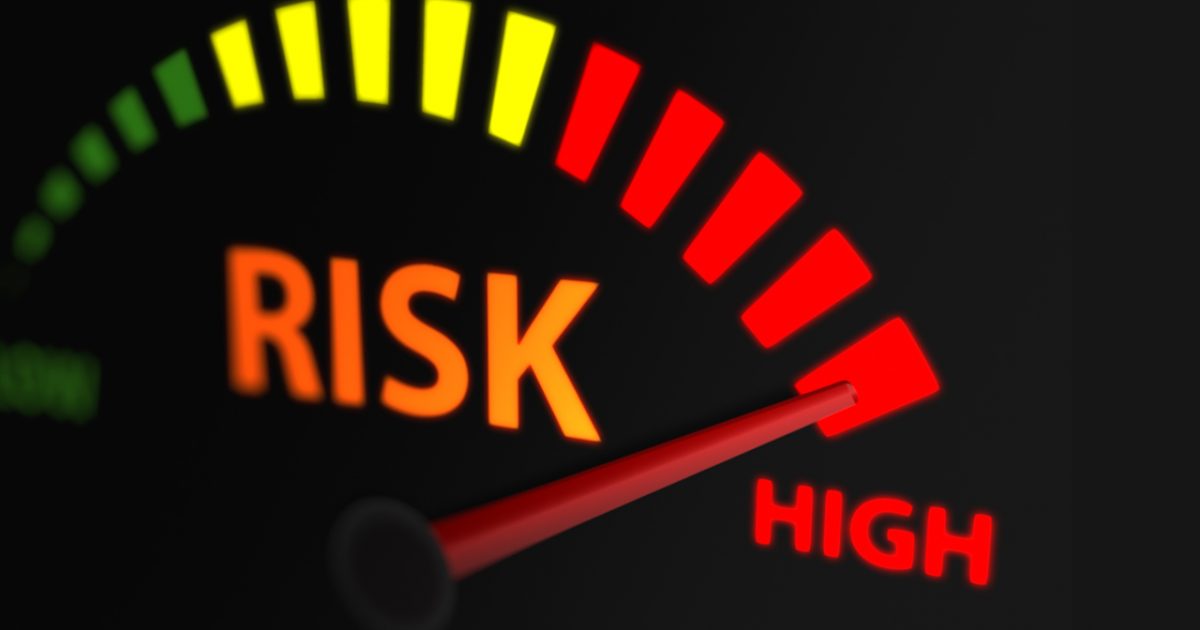A recently published report from the research and analysis firm Peckshield indicates that during the last two quarters of 2020, cryptocurrency exchanges accepted 147,000 BTC ($1.3 billion) from high-risk addresses.
During the last few years, blockchain research and surveillance firms have been classifying “risk levels” to specific transactions stemming from suspicious addresses and wallets. For instance, certain bitcoin addresses could be on a country’s sanctions list, used on a darknet marketplace, siphoned from an exchange breach, or used in any type of criminal activity.
According to a report from the Chinese crypto analytics company, Peckshield, global exchanges allowed deposits of up to 147,000 BTC ($1.3 billion) from high-risk addresses in the first half of 2020.
The top ten crypto exchanges who accepted funds from suspicious addresses include Huobi, Binance, Okex, Zb exchange, Gate.io, Bitmex, Luno, Huobtc, Bithumb, and Coinbase. The study indicated that the top three trading platforms represented more than 60% of the aggregate total.
As far as withdrawals to suspicious addresses are concerned Binance, Huobi, Kraken and Luno were the leaders in H1 2020. Peckshield’s high-risk address list included extremely active gambling addresses, darknet use, scams, and exchange thefts.
According to Peckshield it also monitors a number of bitcoin mixing applications and exchanges that allow swaps without know-your-customer (KYC) rules. The report notes that it has monitored roughly $1.59 billion worth of digital assets.
Peckshield notes that some exchanges have “compliance issues” and findings say cryptocurrency tumblers make investigations more difficult. The blockchain research and analysis firm also discuss mixing tools like Wasabi, Samourai, and others.
Peckshield also contributes data to Bituniverse by bolstering the firm’s Exchange Transparent Balance Rank (ETBR). The ETBR data from Bituniverse stems from onchain exchange balances recorded by Etherscan and Peckshield. In the report discussing the 147,000 BTC deposits from suspicious addresses, Peckshield also discusses registration-free digital currency swapping services.
The report’s findings also note that the movement of alleged illicit addresses represented a total of 13,927 transactions. Peckshield is one of many blockchain surveillance companies reporting on these types of high-risk addresses.
On May 15, news.Cryptox.trade reported on 20 blockchain surveillance firms that investigate the same types of data Peckshield collects. However, news.Cryptox.trade found some significant inaccuracies when our newsdesk leveraged the Bitrank application.
On that day our newsdesk copied and pasted a tainted address, which was flagged by law enforcement and stems from the Plustoken scam and entered it into the Bitrank application. Unfortunately, Bitrank’s platform gave the address a “Risk Score of 52” or “acceptable,” even though it was used in the Plustoken scam.
This means the accuracy of Peckshield’s data and the many other blockchain analysis firms may not be so accurate.
What do you think about the 147,000 BTC ($1.3 billion) allegedly accepted from high-risk addresses? Let us know what you think about this subject in the comments below.
Image Credits: Shutterstock, Pixabay, Wiki Commons
Disclaimer: This article is for informational purposes only. It is not a direct offer or solicitation of an offer to buy or sell, or a recommendation or endorsement of any products, services, or companies. Cryptox.trade does not provide investment, tax, legal, or accounting advice. Neither the company nor the author is responsible, directly or indirectly, for any damage or loss caused or alleged to be caused by or in connection with the use of or reliance on any content, goods or services mentioned in this article.









